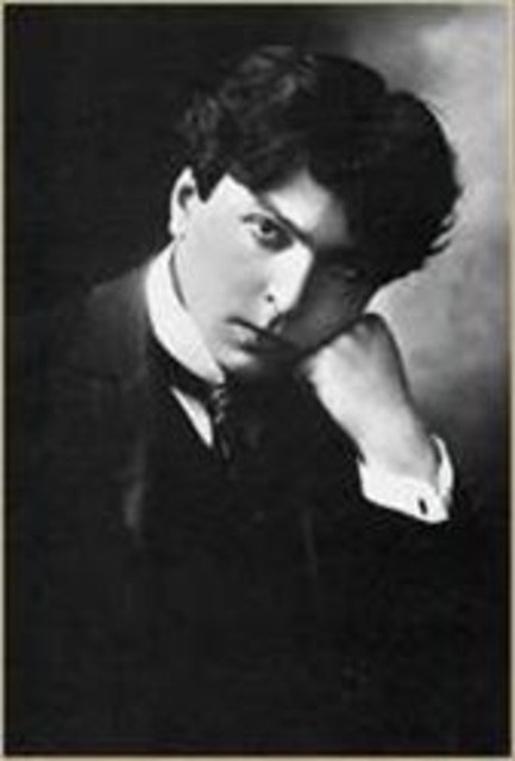George Enescu
 ROUClassical, Orchestral
ROUClassical, Orchestral

 ROUClassical, Orchestral
ROUClassical, OrchestralGeorge Enescu was a notable Romanian composer and musician, celebrated for his contributions to classical and orchestral music. Born in Romania, he was a prodigy, showing talent in violin and composition from a young age. Enescu's work often blended Romanian folk elements with classical forms, reflecting his cultural heritage. His compositions range from symphonies to chamber music, showcasing his versatility and deep understanding of orchestration. Enescu remains an important figure in the world of classical music, influencing generations of musicians and composers.
George Enescu’s music has a unique place in the classical scene. One standout piece is “Romanian Rhapsody No. 1 in A Major,” which captures the essence of Romanian folklore. Its lively rhythms and melodies make it a favorite for many listeners. Another notable work is “Aria and Scherzino: II. Scherzino. Assez vif,” arranged for violin, string orchestra, and piano. This piece shows off technical skill while maintaining a playful spirit.
Enescu's “Piano Suite No. 1 in G Minor, Op. 3 'Dans le style ancien'” features various movements that blend classical forms with personal expression. Tracks like “Prelude: Grave,” “Fugue: Allegro moderato,” and “Finale: Presto” showcase his ability to merge traditional styles with his own touch. Other works, such as “Georges Enesco - Cantabile et Presto” and “Legende,” further highlight his range. Each piece contributes to a body of work that feels both rooted and innovative, appealing to a wide audience.
George Enescu's latest album, "Forest Murmurs," released in 2025, showcases his ability to blend nature's sounds with orchestral arrangements. This work captures various moods and themes, resonating with listeners who appreciate the interplay between music and the environment. Another album, "Music by the Sea," also released in 2025, explores maritime themes, featuring rich textures that evoke the ocean's depths.
Among the recent singles, "Enescu: String Octet in C Major, Op. 7 (Version for String Orchestra): III. Lentement" stands out with its reflective nature. The "Aria and Scherzino" pieces, arranged by Sherban Lupu, offer a vibrant take on the original compositions, with “II. Scherzino. Assez vif” providing lively contrasts and “I. Aria. Lent” presenting a more subdued atmosphere. Additionally, "Enesco: Sonate pour violon et piano No. 2, Op. 6: III. Vif" adds to the mix with its energetic violin lines and piano support, bringing a dynamic element to the current repertoire.
George Enescu’s collaborations highlight his versatility and connection with other prominent musicians. One notable piece is “Aria and Scherzino: II. Scherzino. Assez vif,” arranged for violin, string orchestra, and piano by Sherban Lupu, featuring Charlie Siem, the Philharmonia Orchestra, and Susanna Stefani Caetani. This collaboration showcases the interplay between the solo violin and the orchestra, bringing Enescu's melodic ideas to life through a modern lens.
Another significant partnership involves Yehudi Menuhin in “Mendelssohn: Violin Concerto in E Minor, Op. 64: I. Allegro molto appassionato.” Menuhin’s interpretation adds depth to Mendelssohn’s classic work, reflecting Enescu's appreciation for timeless compositions. Additionally, Menuhin's performance of “Mozart: Violin Concerto No. 3 in G Major, K. 216: III. Rondeau. Allegro” complements the rich tradition of violin concertos. These collaborations not only highlight Enescu's talent but also his ability to engage with the works of other composers through shared artistry.